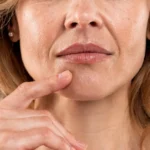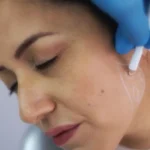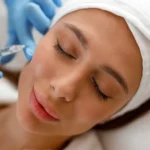THE WHAT? The European Union has revised its urban waste water treatment directive to include a “polluter pays” principle, requiring pharmaceutical and cosmetic companies to fund the cleanup of pollutants they release into waterways. This update aims to tighten pollution controls and introduce standards for micropollutants, with industries responsible for significant pollution covering at least 80% of cleanup costs.
THE DETAILS England has opted out of adopting these new EU pollution regulations, leading to concerns that it is falling behind in environmental protection efforts, especially in managing chemical pollution. While Northern Ireland and Scotland are moving to align their regulations with the EU to maintain environmental standards, England and Wales’s reluctance highlights a growing divide in environmental policies within the UK.
THE WHY? Critics argue that the UK’s current measures against pollution, including a partial ban on microbeads, are insufficient, pointing to the EU’s more aggressive stance on banning microplastics and harmful chemicals. The UK government insists that its existing laws and initiatives are effective in tackling pollution, but environmentalists and policy experts urge the UK to follow the EU’s lead to better protect public health and the environment from pollution.
Clinical aesthetics products refer to a category of products used in the field of medical aesthetics or cosmetic dermatology. These products are typically designed and formulated to be used under the supervision of healthcare professionals, such as dermatologists, plastic surgeons, or trained aestheticians. They are distinct from over-the-counter cosmetics in that they often contain active ingredients or formulations that require expertise in their application or administration.
Examples of clinical aesthetics products include:
-
Dermal Fillers: Injectable substances used to add volume, smooth wrinkles, and enhance facial contours. Examples include hyaluronic acid fillers like Juvederm and Restylane.
-
Botulinum Toxin (Botox): Injectables that temporarily paralyze facial muscles to reduce the appearance of wrinkles caused by repetitive movements, such as frown lines and crow's feet.
-
Chemical Peels: Solutions applied to the skin to exfoliate and improve its texture. They can treat acne, pigmentation issues, and signs of aging.
-
Laser and Light Therapies: Devices that emit focused light or laser energy to treat various skin conditions, including acne, scars, and signs of aging.
-
Prescription Skincare Products: Formulations containing active ingredients like retinoids (vitamin A derivatives), hydroquinone, or prescription-strength antioxidants to address specific skin concerns under medical supervision.






